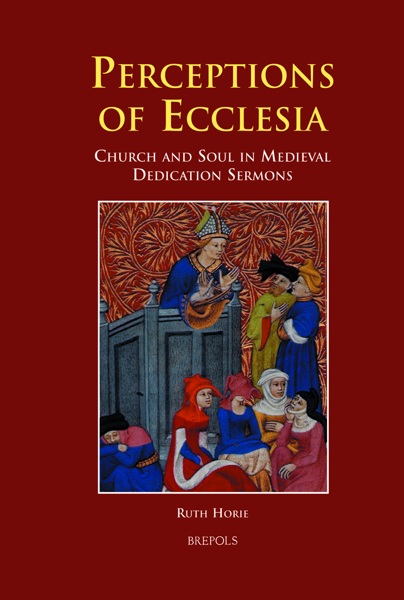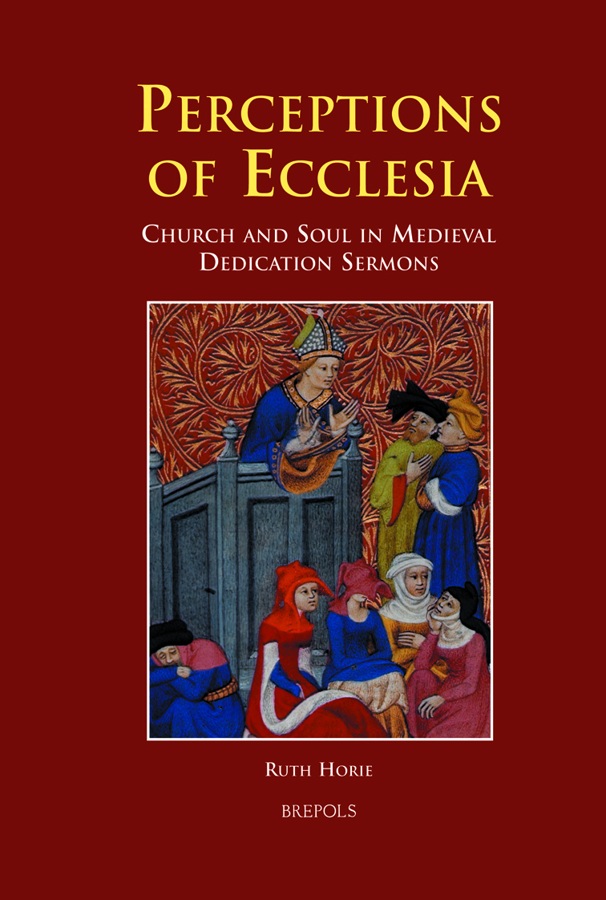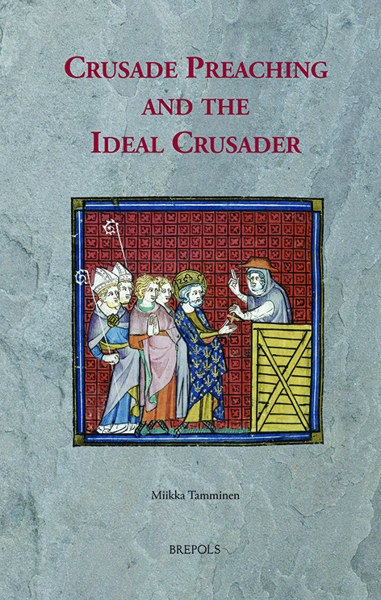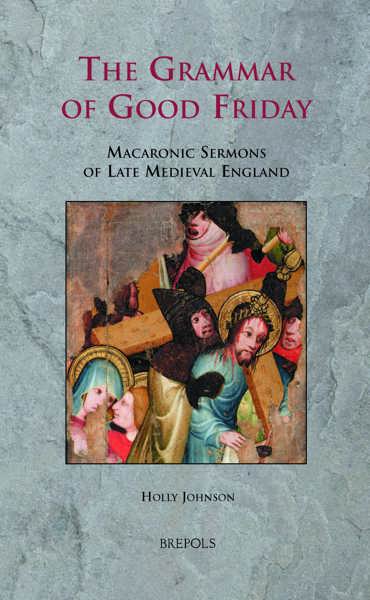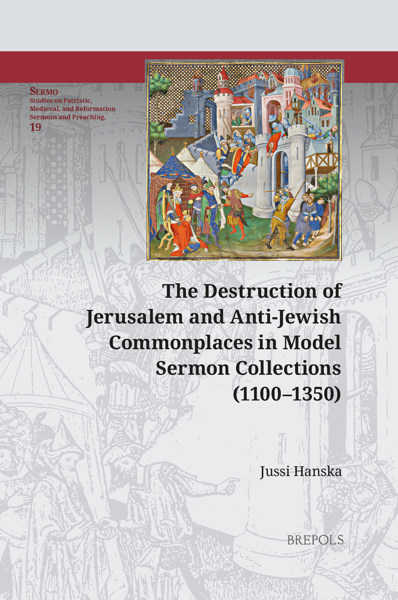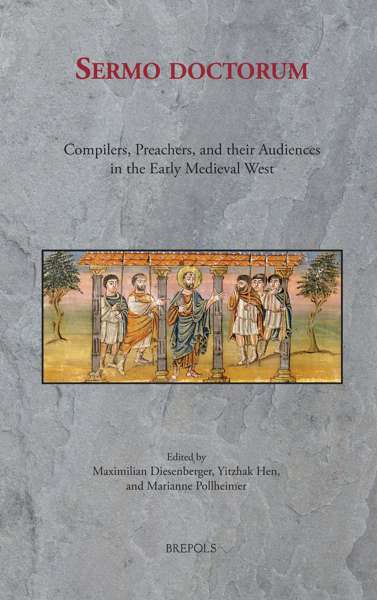
- Pages: 247 p.
- Size:160 x 240 mm
- Language(s):English, Latin
- Publication Year:2006
- € 45,00 EXCL. VAT RETAIL PRICE
- ISBN: 978-2-503-52059-9
- Hardback
- Available
- € 45,00 EXCL. VAT RETAIL PRICE
- ISBN: 978-2-503-55890-5
- E-book
- Available
This volume freshly examines the contents of sermons to elucidate the meaning of the 'church' to medieval preachers, and through them the laity.
"This concise study is a fine demonstration of how sermons can reveal trends in religious devotion. (...) Horie's examination of dedictaion sermons is a useful study that clarifies the myriad meanings of ecclesia. (C. Muessig, in: The Journal of Ecclesiastical History, Volume 60/3, July 2009, p. 571-572)
The medieval laity’s understanding of the church and their own role within it was largely shaped by preaching. How did preachers actually define the word 'church', and what was the essence of their ecclesiological teachings? Sermons for the dedication of a church reveal that the term ecclesia had numerous connotations. Three key ideas recur with particular frequency: the material church, the Christian community, and the church of the soul. The physical church building held an important place in medieval society as a tangible connecting link between ordinary people on the one hand and saints, angels and the divine presence on the other. Yet perhaps more significantly, it stood as a symbol for the human soul. Preachers treat the dedication of the physical church as an elaborate metaphor for the spiritual consecration of the soul. The prominent interest in the concept of the soul as church, which is reflected in sermons, suggests a much more individual, less community-oriented focus in medieval spirituality than has been generally assumed.
